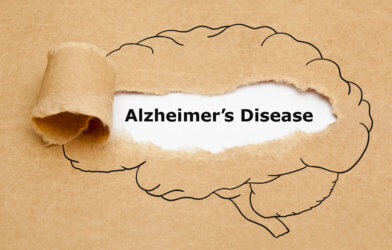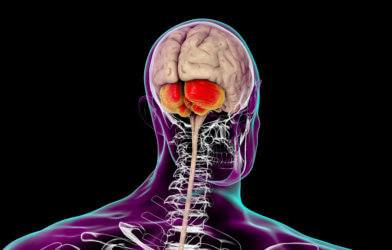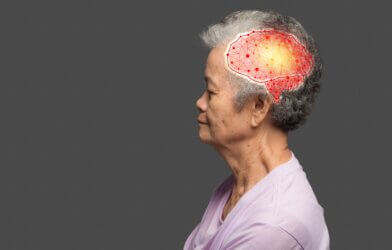Menopause is an inevitability among aging women. Unfortunately, so are its side effects. Some of these are innocuous, such as hot flashes, sleep disturbances, and joint and muscle pain. Menopause can also lead to anxiety or depression. At the North American Menopause Society (NAMS), researchers continue to seek effective treatment options for menopause symptoms as alternatives to pharmaceutical solutions. Several innovative therapies have been shown to improve symptoms. This includes a new study, which identifies music therapy as an attractive option, not only to manage menopause symptoms, but also a depressed mood.
Very little research has been conducted on the effect of music on menopause symptoms, but the idea that music is healing is far from new. It is rooted in ancient cultures that believed music could heal the body and soul.
Music therapy is a broad field. Music therapists use music-based experiences to address a client’s social/emotional or cognitive needs. Music experiences are strategically designed to utilize the elements of music for therapeutic effects, including melody, harmony, key, mode, meter, rhythm, and instrumentation.
Music stimulates the secretion of certain neurotransmitters, including dopamine, serotonin, endorphins, and the hormone oxytocin while decreasing the level of circulating stress hormones such as cortisol. These substances play a role in blood pressure, as well as heart and respiratory rates. Prior studies have shown that music therapy has helped to improve depression symptoms in patients with severe psychotic and nonpsychotic mental disorders. Music therapy has also been shown to help prevent postpartum depression as well.
How music affected women experiencing menopause symptoms
This randomized-controlled study was carried out between July 2019 and December 2020. The study sample consisted of 48 postmenopausal women (21 in the music group and 27 in the control group). Music was played by the researcher to the postmenopausal women in the intervention group in a total of 18 sessions for six weeks. The data were collected using an introductory information form, Beck depression inventory (BDI), and menopause rating scale (MRS).
Based on the results of this small study, the researchers concluded that listening to music can significantly decrease depression scores and help to reduce the symptoms of menopause in postmenopausal women. These results suggest that music could be used as a nonpharmacologic therapeutic option in the care of menopausal women.
“This small study highlights the potential beneficial effect of an easy-to-implement, low-cost, low-tech, and low-risk intervention such as music therapy for menopause symptoms, particularly mood symptoms. Although additional research is needed to confirm these findings in larger study populations, there is little downside to adding music therapy to our armamentarium for menopause symptom management,” says Dr. Stephanie Faubion, NAMS medical director, in a statement.
This study is published by the North American Menopause Society.
Article by Rhonda Errabelli









-392x250.jpg)


